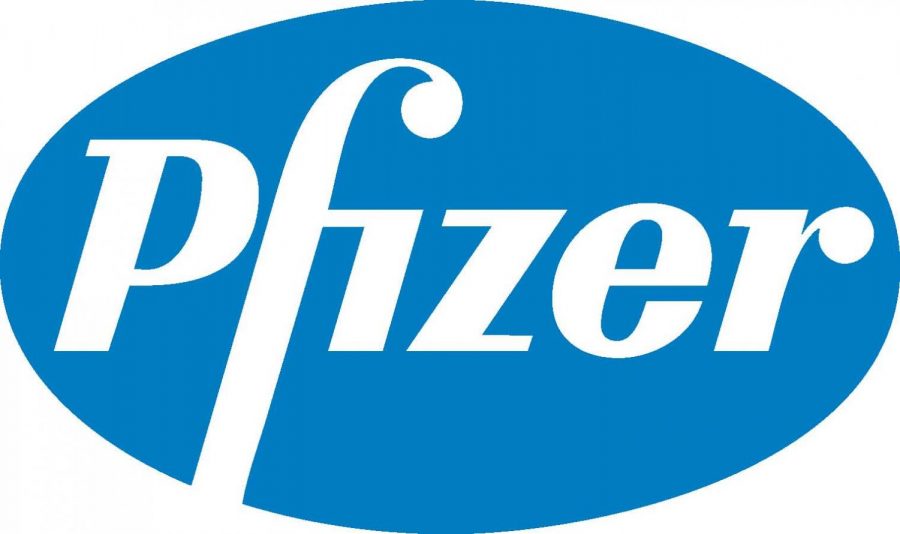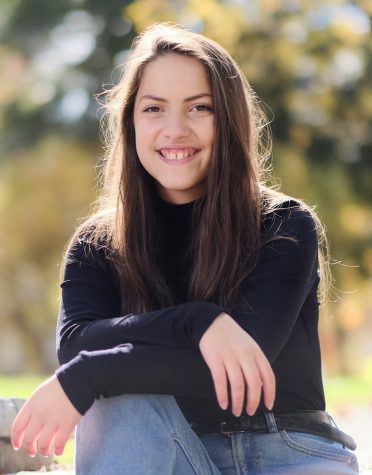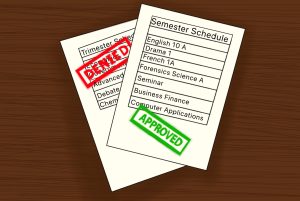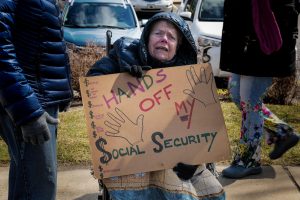Pfizer releases COVID-19 vaccines from their facility in Portage, Michigan
Credit: pixy.org
The logo of the American pharmaceutical company Pfizer. They’re working with German company BioNTech to produce the new COVID-19 vaccine.
February 5, 2021
Amidst a global pandemic, American pharmaceutical company Pfizer has been working alongside German company BioNTech to make a vaccine to combat COVID-19. Now, we are seeing that work pay off as the vaccine is being distributed across the nation.
Pfizer and BioNTech were able to develop the vaccine in around 5 months, after announcing their plans to start in April 2020. In November, they announced that their vaccine is 90% effective at preventing COVID-19. Later in December, the FDA used an emergency authorization to approve the vaccine quickly, so it could be distributed right away.
The urgency the government has shown to help Pfizer get the vaccine ready and available is still apparent with the method of distribution. As of December 23, 2020, Pfizer reported that the “U.S. government order[ed] 100 million additional doses of the Pfizer-BioNTech COVID-19 Vaccine bringing total doses for [the] U.S. to 200 million.” These vaccines are expected to be delivered by July 31, 2021.
Loy Norrix parent Steve Haase, who currently works at Pfizer, described the work environment as being more involved as well.
“We are busier than normal in my unit. There are more people in my unit now,” Haase said. “More eyes than ever on the product/vaccine.”
Sarah Lindsay, a nurse in New York, was the first person to receive the new vaccine on Monday, December 14, 2020. The vaccine was shipped from a Pfizer facility in Portage Michigan.

People all over the US are excited as the end of the pandemic seems to be near. Many Michiganders are proud to have the vaccine developed in their state, along with ways they’ve continued to help combat COVID-19, especially through their essential workers.
“Southwest Michigan is literally helping to save the world, and we take tremendous pride in all of those Michiganders who have been and will continue to serve such a critical role in distributing this life-saving vaccine around the country and throughout the world,” said Fred Upton, one of Michigan’s congressional representatives, in a statement to MLive.
“I’m proud to be a Michigander working at Pfizer to combat the virus,” Haase said.
The Kalamazoo County site remains one of the primary global suppliers, helping produce “140 million units of life-saving medicine of both sterile injectables and liquid/semi-solids” and ship “API, DP and medical devices to 113 countries around the world, helping millions of patients each year,” according to Pfizer’s website.
One of the next challenges countries are facing is how to dispense the vaccine. Currently the demand is very high and the supply cannot keep up. While there is no one correct solution, many different areas have been forming plans to begin vaccinating the public.
For example, Michigan has made plans for the distribution of the vaccine, as detailed in their COVID-19 Vaccination Plan. The plan is to release the vaccine in phases, and phase one has started now. However, this document was made in October, 2020, so there have been some changes in the phases.
Since there is a limited number of doses, phase one prioritizes frontline healthcare workers and high-risk individuals based on age (65 years or older). According to the AARP, phase one has also been split into multiple parts, phases 1A, 1B and 1C. These parts have replaced the original plan for phase two and narrowed down the groups to get vaccinated. Phase 1A includes people in care facilities and health care workers who are directly exposed to patients with COVID-19.
Phase two was originally going to focus on high-risk individuals and frontline workers, such as healthcare workers not vaccinated in phase one and food distribution or grocery workers. However, this has now been replaced by Phase 1B.
Phase 1B, includes “teachers; first responders not covered in phase 1A (such as emergency, ICU employees, and police and firefighters); food and agriculture employees; staff at manufacturing plants; correctional facility staff; U.S postal workers; and mass transit and grocery store personnel.” As originally planned, this phase also includes individuals who are 65 years or older, along with workers in child-care and at homeless shelters.
AARP reports that Phase 1C will include “other essential workers and people age 16 to 64 with underlying medical conditions.” This new plan for phases has eliminated phase three, and replaced it with phase two. Phase two now plans to make the vaccine available to all Michiganders over the age of 16.












